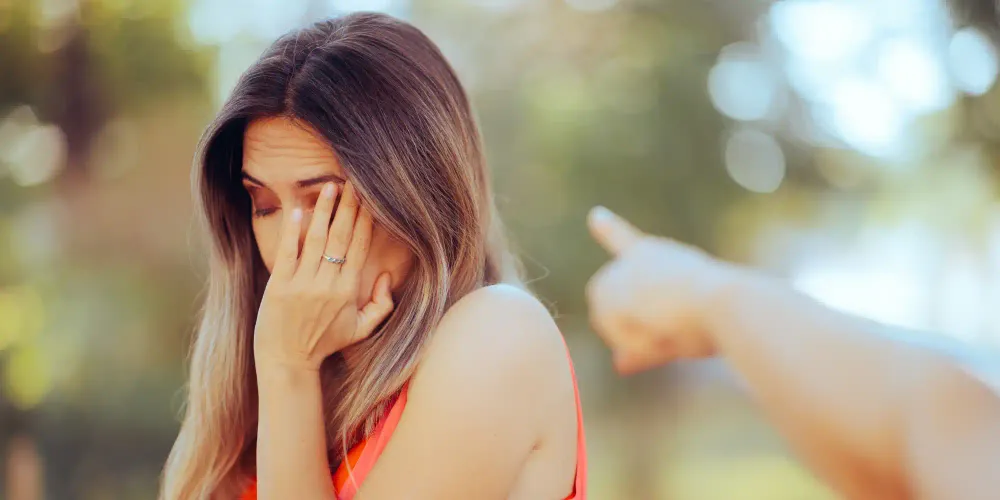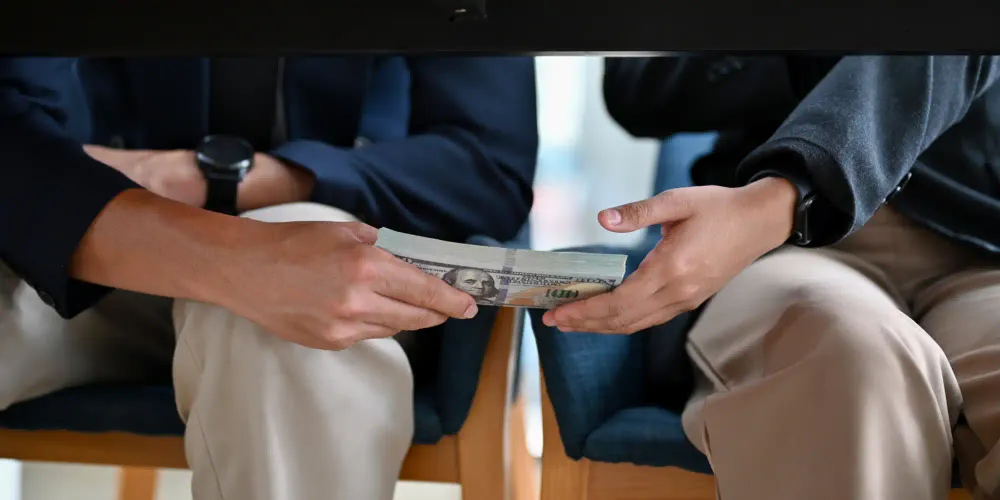Issue 99 • Week of December 10, 2023 / Updated December 19, 2023
Our last issue examined how minimizing women's health concerns and gaslighting remain two core problems contributing to the maternal and infant mortality crises in the US.
They are also two of the most insidious forms of victim blaming, a repulsive practice that dates back to before our puritanical founding. New England settlers considered infection to be a sign of guilt and that women were inherently sinful. This prejudice ultimately sent two dozen innocent people to their death in the notorious Salem witch trials 330 years ago. Scapegoating similarly continues long past its origins as a biblical ritual.
Mention victim blaming today and the phrase will likely conjure stories about sexual assault since the vast majority of perpetrators are able to escape punishment. A staggering 91% of sexual assault reports go unprosecuted, in sharp contrast to false allegations reflecting the same tiny fraction (2-3%) of any other crime. Over 60% of human trafficking victims are cited or arrested because many are coerced to commit crimes that makes escape even more difficult. Enablers blame women and the LGBTQ+ community for dressing a certain way, being too passive or provocative, going to a different neighborhood, or having the audacity to be independent when there is no excuse for taking advantage of others.
Meanwhile, our culture encourages collective narcissism to maintain a positive view of ourselves that can inadvertently lead to unwarranted accusations as a defense mechanism. Parenting convinces some that their golden child can do no wrong and scapegoats can do no right. Corporations routinely look for convenient boogeymen to shift blame during subpar quarters and are rarely fact checked. Political candidates do the same to rile up their base and distract voters from a lack of clear policies or solutions.
These glaring injustices highlight a pervasive belief within our society that other people deserve their fate or that certain crimes are in some way justified. When you start learning how to spot victim blaming, you will begin to see it repeatedly across many of the issues analyzed here over the past two years.
Calling attention to victim blaming does not absolve people of responsibility for their actions or personal accountability. One clear example of a series of decisions leading to tragedy is a crash due to drunk driving. Yet lawyers will still accuse bicyclists or pedestrians of being careless while their client in a two ton vehicle was going substantially faster than defenseless individuals. Good faith attempts at protecting potential victims can also unintentionally reinforce their stigma by preventing accountability for guilty parties.
How can our society solve problems while victims get justice?
This content is only available to members
Sign up for free to read the potential solutions for this topic and find out what you can do today for a better tomorrow or pre-order our second book that will compile 100 issues on making a difference.
Unlock contentAlready have an account? Sign In



